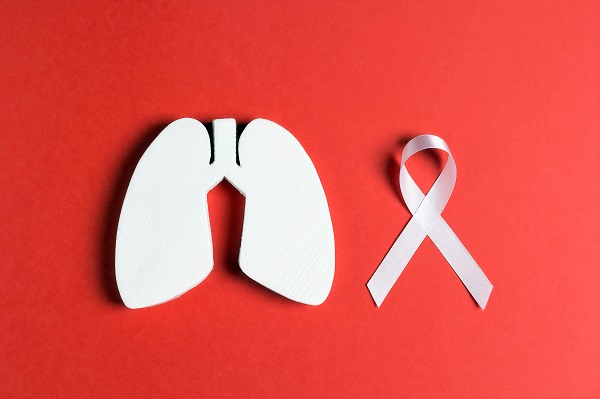5 Oncology Tips for Avoiding Lung Cancer

Learning about oncology, which is the study of cancer, can teach you how to lower your odds of developing lung cancer in the future. It is not a condition that only affects smokers — over half of the lung cancer patients in the United States are non-smokers, and the number continues to rise.
Lung cancer is the top cause of cancer-related deaths for women and men in the United States. It one of those health conditions anyone who has a pair of lungs should regularly be screened for. Early detection drastically increases survival rates.
5 Oncology tips on how to prevent lung cancer
Some types of lung cancer cannot be prevented, but there are some simple things anyone can do to lower their risk of developing the disease. This includes:
1. Avoid tobacco products
Smoking increases a person's risk of oral cancer so oncologists recommend avoiding the habit and avoiding places you might be forced to inhale second-hand smoke. Those who already smoke can lower their lung cancer risk by quitting. This allows their lungs to begin to repair themselves.
2. Avoid exposure to radon
Radon is the leading cause of lung cancer for non-smokers and it is the second most common cause of lung cancer for smokers. Radon is an odorless gas that is released by decaying uranium underneath the ground. Elevated levels of radon have been detected in many homes in the United States.
3. Avoid cancer-causing agents
About a third of men with lung cancer get it as a result of being exposed to carcinogens at work. Common carcinogens a person might be exposed to at work include cadmium, diesel exhaust, arsenic, nickel and chromium.
Employers in the United States are required to have Material Safety Data Sheets on the chemicals their employees might be exposed to. Workers should go over the information and ensure that they use appropriate protective gear at all times.
4. Eat well
A nutritious, healthy diet that consists of lots of vegetables and fruits can lower your risk of developing lung cancer. Fruits and vegetables contain antioxidants that get rid of harmful chemicals in the body. Eating fruits and vegetables regularly helps to keep internal systems clean.
Oncologists recommend adding a rainbow assortment of vegetables into your diet. It should include white vegetables like onions, orange fruits like sweet potatoes, dark green vegetables like spinach and red fruits and vegetables like tomatoes and apples.
Fruits and vegetables contain phytonutrients that have a variety of effects on the body like anti-inflammatory agents and antioxidants, which give the immune system a boost and help to prevent the buildup of carcinogens in the body.
5. Limit alcohol consumption
Cutting back on alcohol consumption can lower a person's risk of lung cancer. Heavy consumption of alcohol has been shown to increase the odds of developing cancer. However, moderate consumption of wine has been shown to lower the risk of cancer.
Safeguard your lungs
Contact our Marlton clinic to learn more ways to lower your risk of developing lung cancer.
Get more information here: https://lindenbergcancer.com or call Lindenberg Cancer & Hematology Center at (856) 475-0876
Recent Posts
Blood clot disorders include a spectrum of inherited or acquired conditions that disrupt healthy circulation, elevate the risk of blockage, and threaten vital organs. An oncologist frequently monitors patients for clotting complications because cancer, certain chemotherapies, and reduced mobility intensify thrombotic tendencies. Early recognition of warning signs, together with prompt intervention, significantly lowers the possibility…
Lung cancer treatment has advanced significantly in recent years, allowing for more personalized approaches that improve outcomes and reduce unnecessary side effects. Personalized lung cancer treatment plans are developed based on several factors, including the type and stage of cancer, genetic markers, overall health, and the patient's unique response to specific therapies. These tailored strategies…
An ovarian cancer diagnosis can be scary, as this form of cancer often develops without noticeable symptoms in the early stages. As the disease progresses, it can become more difficult to treat, making early awareness important. Knowing the signs, understanding the diagnostic process, and learning about treatment options from an oncologist can offer patients hope…
Gynecological cancer treatments target cancers that affect the female reproductive organs, such as ovarian, uterine, cervical, vaginal, and vulvar cancers. Fortunately, there have been significant medical advances in cancer treatment that have greatly improved patient outcomes, allowing oncologists to adjust therapies to fit each patient's needs and overall health. These targeted treatments work better than…


